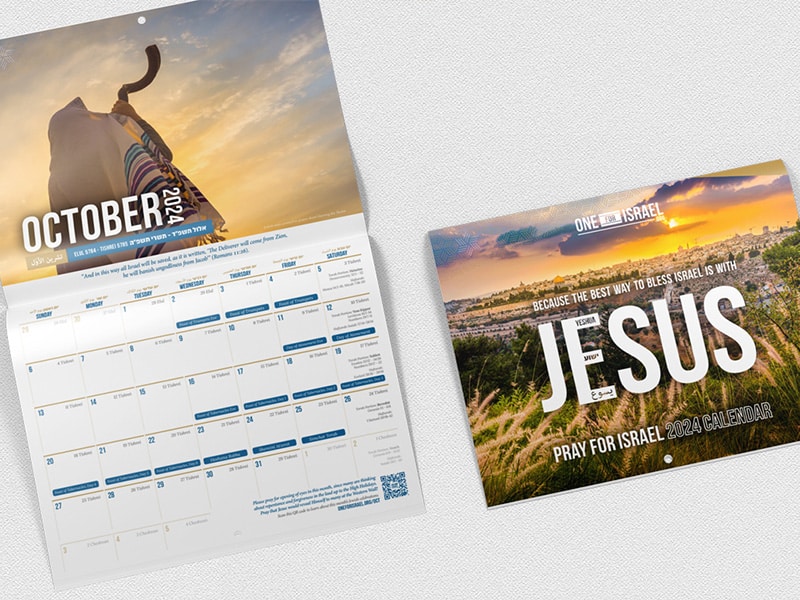Everyone craves comfort in this fallen world. Mercifully the Bible doesn’t leave us under any illusions that life should be free of pain and trouble, even for the best-behaved people. In fact, some would assert that it’s suffering that built their good character. All our heroes suffered. But is comfort so bad? A rabbi once assured me that Christians thought suffering was good—the more of it the better! Is that what the New Testament teaches?
God of all comfort
“Comfort, comfort my people!” Isaiah cried. This first verse of the fortieth chapter kicks off a very different trajectory in the book, moving away from calamity and judgement and towards a message of future hope. Yes, God is a God of comfort. The word is mentioned some 71 times throughout the Bible, almost always in response to suffering, rather than a permanent state to maintain.
Blessed be the God and Father of our Lord Jesus Christ, the Father of mercies and God of all comfort, who comforts us in all our affliction, so that we may be able to comfort those who are in any affliction, with the comfort with which we ourselves are comforted by God. For as we share abundantly in Christ’s sufferings, so through Christ we share abundantly in comfort too. (2 Corinthians 1:3-5)
Here, we see that it is through our afflictions that we become more able to bring comfort to others. We receive God’s comfort in times of trouble and then in turn pass it on to people in pain.
Out of your comfort zone
There’s a time for everything, a time to hurt and a time to heal. We need seasons of painful growth followed by comfort, healing, and recuperation. If all we had was comfort, we wouldn’t get very far!
Can you imagine an athlete wanting to stay comfortable all the time? You can’t train for the Olympics like that! Growth necessitates pain as we leave our comfort zones and leave familiar shores.
We grow out of old, immature patterns and behaviors like children getting through multiple pairs of shoes. We leave previous limitations behind as we learn and develop. You can’t stay squashed into old moulds forever, or you’ll never get anywhere. Equally, times of growth need to be paused for a time of recovery. The pain that usually produces growth may require some healing balm of comfort. This, too, is something athletes will understand. It’s not good to rest while we should be training, but neither is it wise to try to push through too much pain without stopping. You won’t get very far that way either.
Suffering sensitizes people
Mike Riddell described suffering as carving a gorge in our hearts through which love can flow. I know what he means. When you are familiar with pain, it’s a lot easier to empathize with others. Indeed, those who have never really known deep anguish will find it extremely difficult to sympathize with those who have. But it goes further. Job notices, as he writhes in pain, that he is on the receiving end not just of indifference, but contempt.
“Men at ease have contempt for misfortune”, he surmises (Job 12:5).
People who are comfortable all the time will find it hard to sympathize with those in agony. Nor will they usually want to—it would spoil their comfort. Rather than sharing the uncomfortable feelings of empathy, pricks of guilty conscience are often turned to daggers of victim-blaming. Conversely, people in pain can often become hypersensitive to the feelings of others.
Gen Z needs a hug
Understanding these dynamics of pain, growth, comfort, and healing might help us understand some of the cultural firestorm we see happening today.
An entire generation has been blighted with fatherlessness on a scale that is hard to fathom. Fathers provide us with a sense of identity and the ability to relate to ourselves, and leave a gaping wound in their absence. It is no wonder then that identity politics has exploded into the Wild West out there today. It’s an extremely sore point—so many people today do not know who they are or even what they are. When the Creator is rejected and fathers have absconded, people are left hurting and at sea, vulnerable to all kinds of suggestions about their true identity. Meanwhile, older generations find themselves perpetually bewildered by the extreme sensitivities of a continually offended youth culture.
However, healing brings peace and perspective. People who have come to terms with their wounds, forgiven their debtors and healed from pain are less likely to fall foul of tempting lies promising utopia. The wounded and sore are easy pickings for the enemy to prey upon, and are more vulnerable to being deceived. This is why it is so important for those who are at ease, those who have found peace, to extend themselves and empathize with those who have not—to bring comfort and the healing balm of love to those who need it.
What to do?
Are you at ease, in a season of relative comfort? Be diligent not to fall into the trap of having contempt for the less fortunate, for those thrashing around in pain, but determine to extend empathy and love even when it costs you.
Are you in pain? We join you in asking the God of all comfort to bring you resolution and peace, healing and new joy.
Are you distressed by the culture wars? Pray for the the fatherless to find their true father, the God of all comfort. Pray for broken hearts to be healed, and for healed hearts to be broken for the lost and wounded.
“Answer me, Lord, answer me, so these people will know that you, Lord, are God, and that you are turning their hearts back again.” (1 Kings 18:37)
Photo by Debby Hudson on Unsplash













